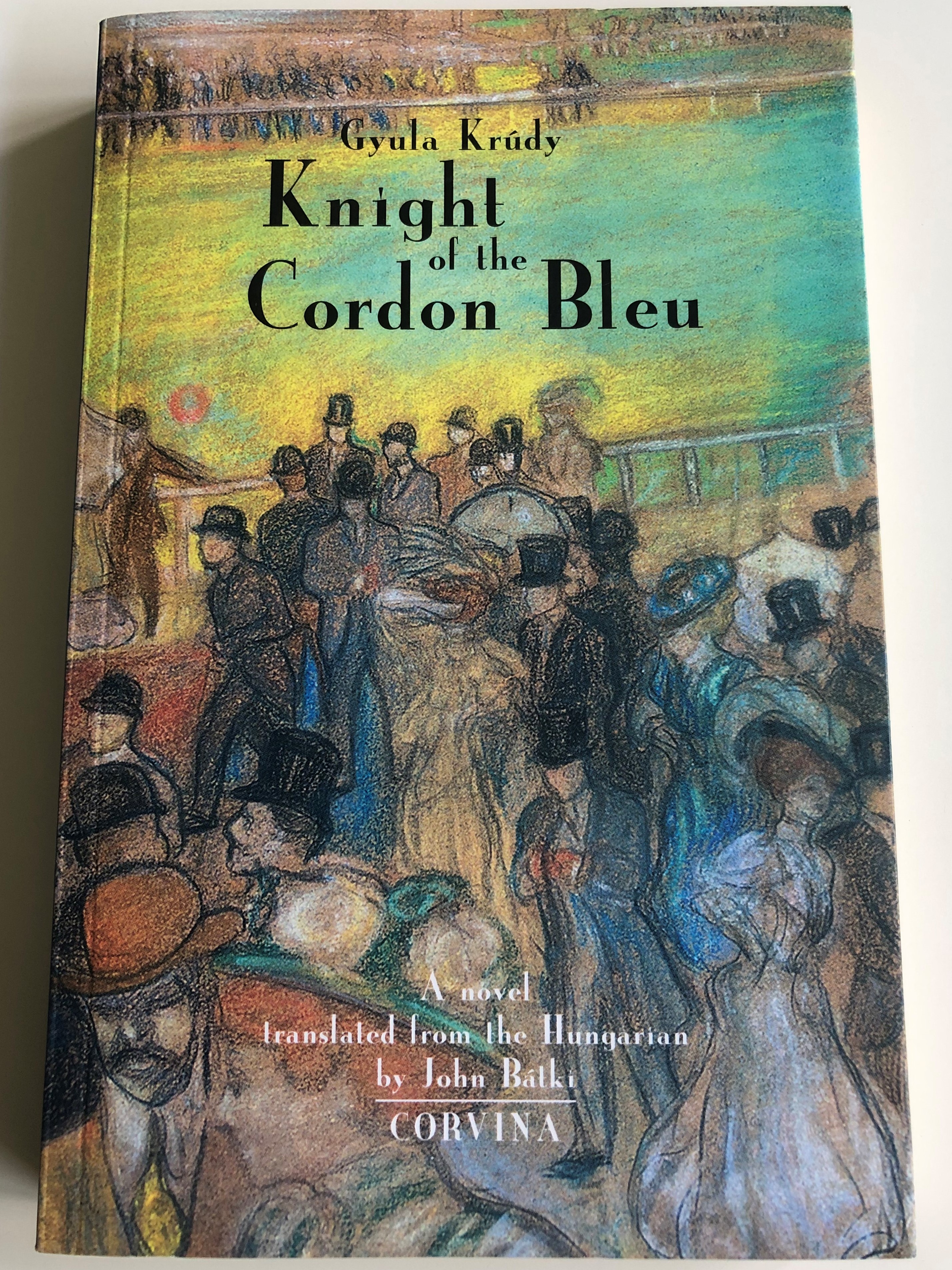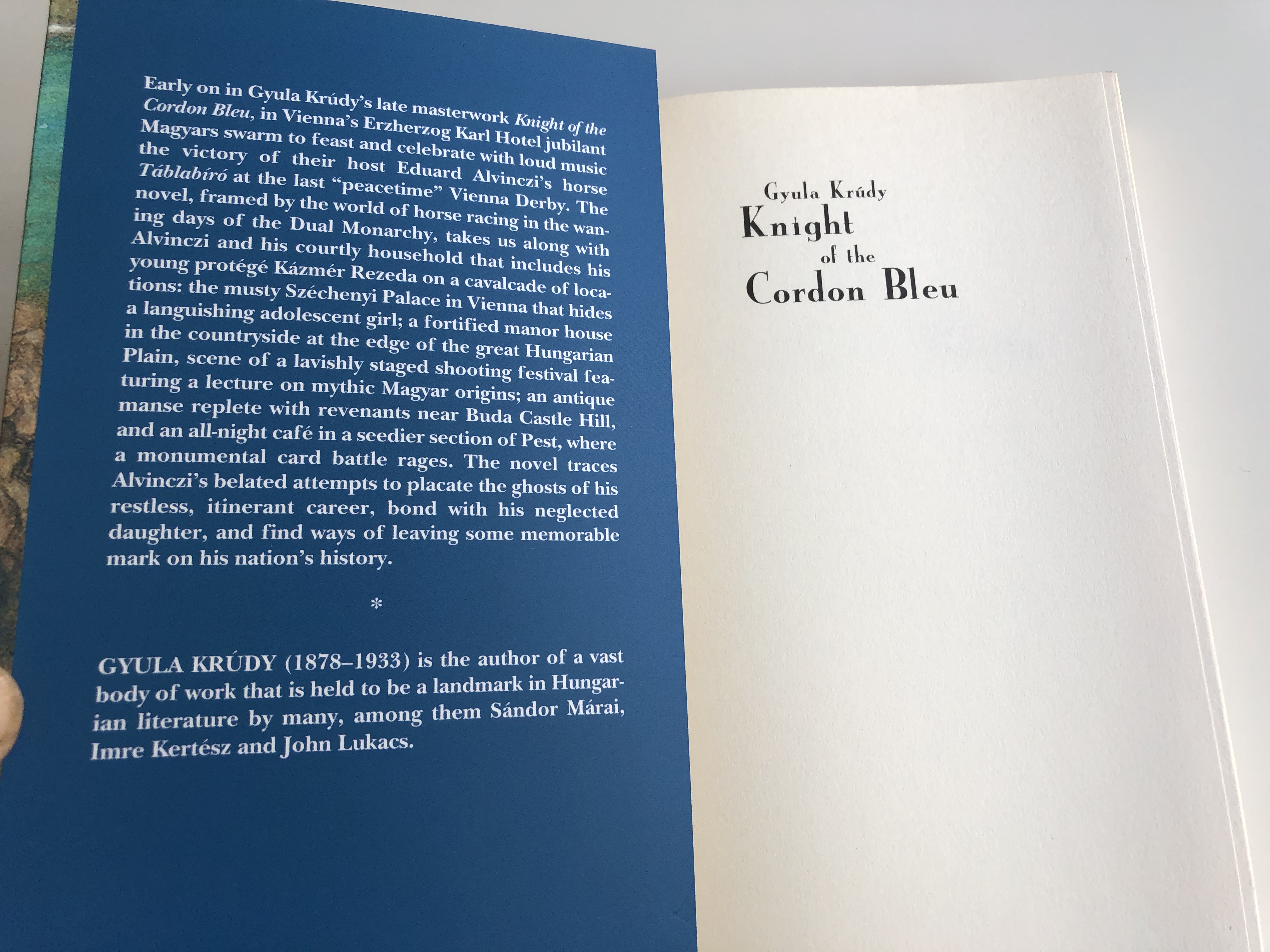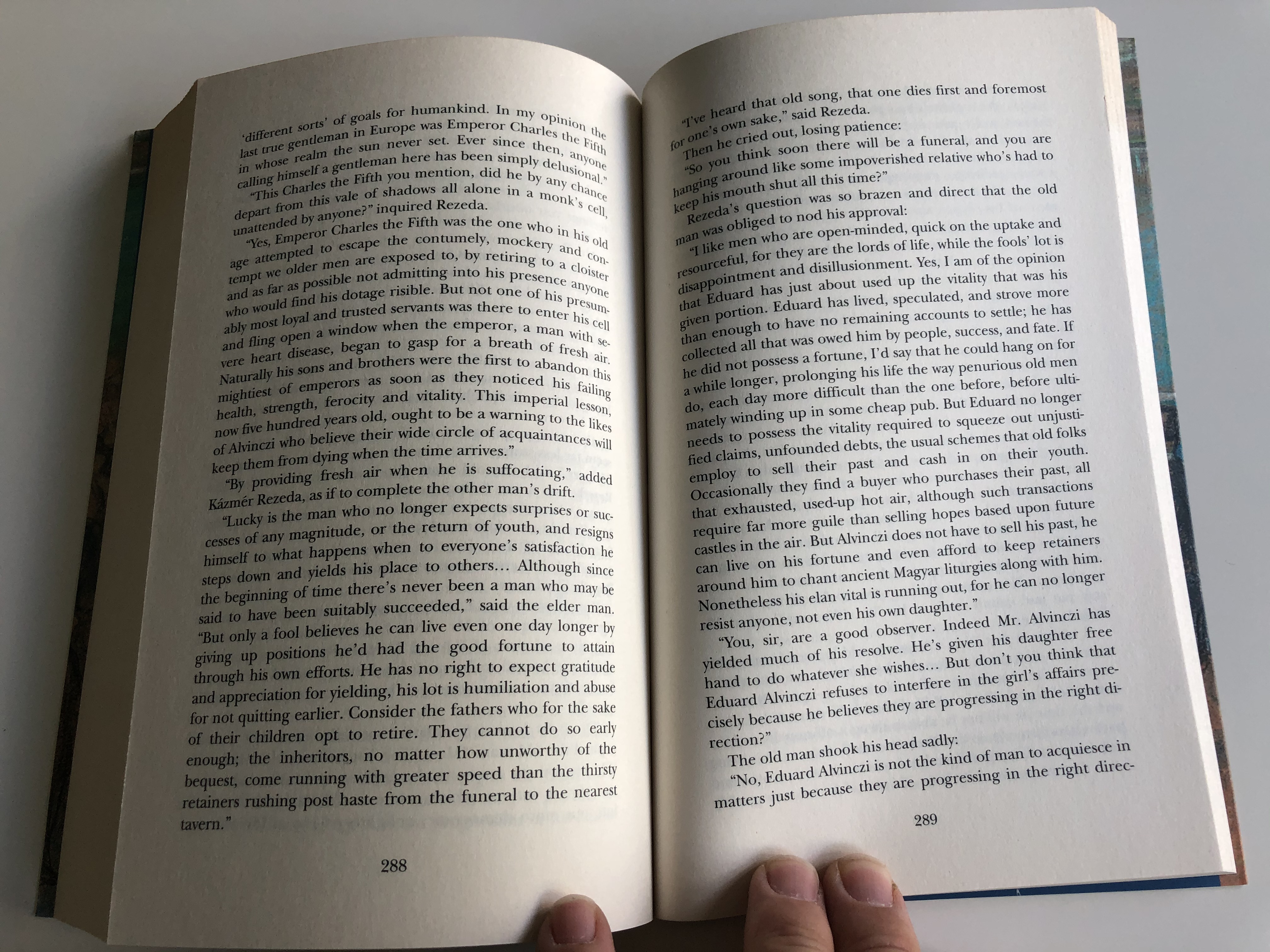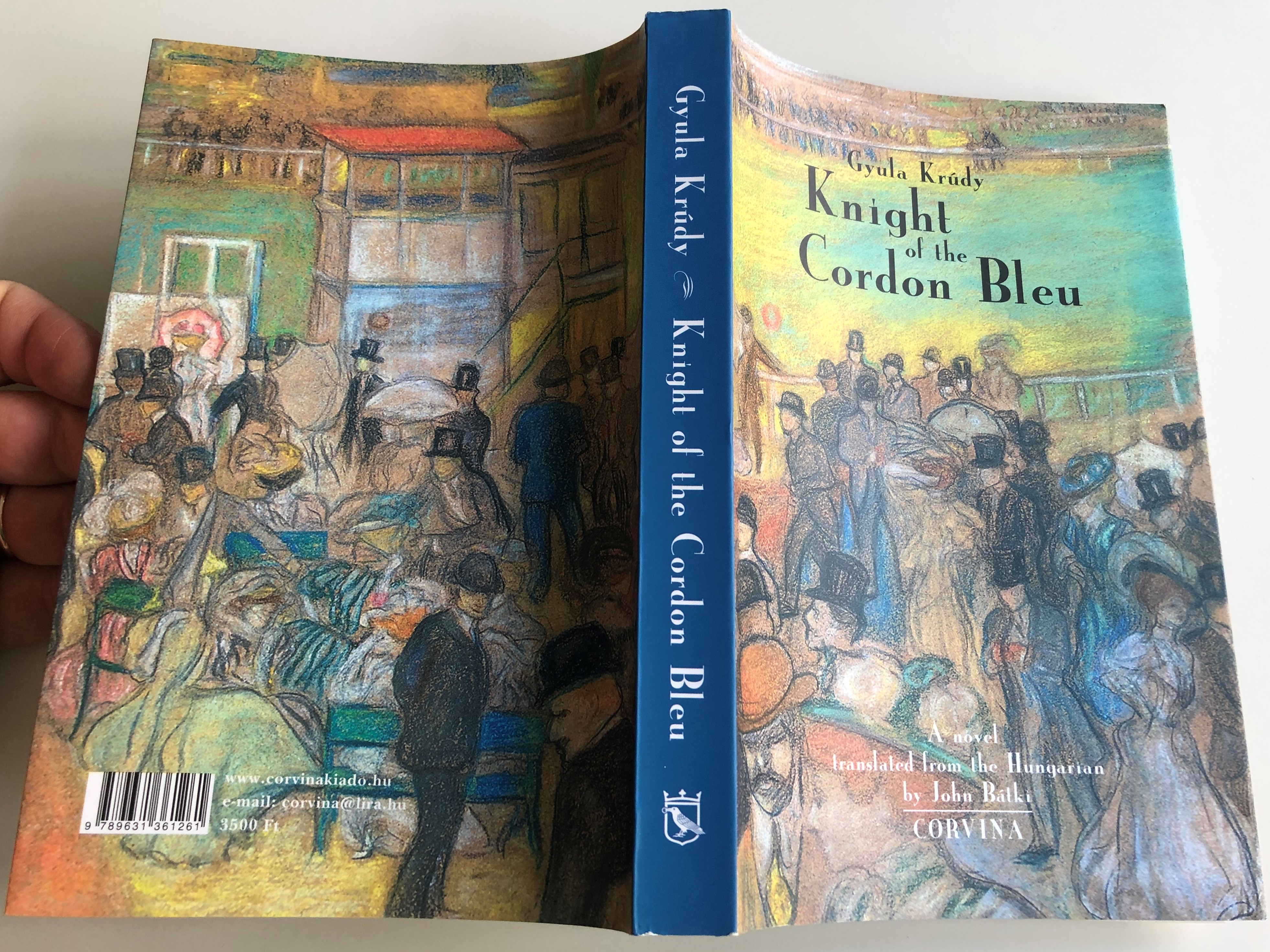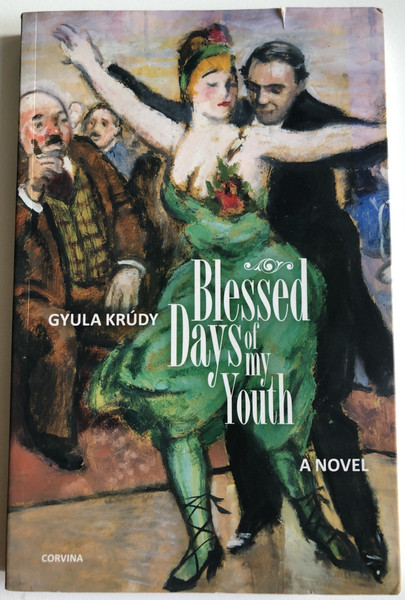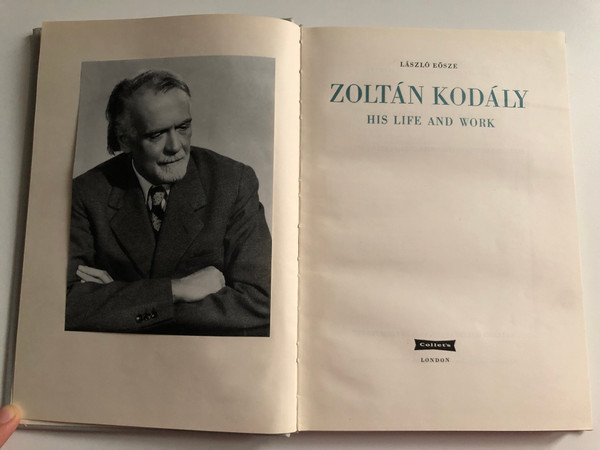Description
Knight of the Cordon Bleu – A Kékszalag hőse
By Gyula Krúdy | Translated by John Bátki
Product Information / Termékinformációk
- Title / Cím: Knight of the Cordon Bleu (A Kékszalag hőse)
- Author / Szerző: Gyula Krúdy
- Translator / Fordító: John Bátki
- ISBN-13: 9789631361261 / 978-9631361261
- ISBN-10: 9631361268
- Pages / Oldalszám: 349
- Format / Kötés: Paperback / Puhatáblás
- Publication Year / Kiadás éve: 2013
- Publisher / Kiadó: Corvina Books
- Language / Nyelv: English / Angol
Overview / Áttekintés
Knight of the Cordon Bleu is an English translation of A Kékszalag hőse, a masterpiece by Gyula Krúdy (1878–1933), one of the most celebrated Hungarian writers of the 20th century. This novel captures the melancholy beauty of fin de siècle Hungary, blending dreamlike nostalgia, vivid character portrayals, and poetic storytelling.
The book follows a romantic and bittersweet journey through the life of a fallen aristocrat, reflecting Krúdy’s signature themes of memory, longing, and the passage of time. Translated by John Bátki, this edition makes Krúdy’s distinctive style and rich literary heritage accessible to English-speaking readers.
A Knight of the Cordon Bleu Gyula Krúdy (1878–1933) egyik legismertebb művének, A Kékszalag hőse című regényének angol fordítása. A könyv a századfordulós Magyarország melankolikus szépségét örökíti meg, ötvözve álomszerű nosztalgiát, élénk karakterábrázolásokat és költői elbeszélésmódot.
A történet egy bukott arisztokrata életén keresztül vezet minket végig, és Krúdy jellegzetes témáit bontja ki: az emlékek varázsa, az elmúlás fájdalma és az idő megállíthatatlansága. John Bátki fordítása által az angol olvasók is megismerhetik Krúdy páratlan írói világát.
Product Features / Termékjellemzők
- Authentic Translation / Hiteles fordítás: John Bátki’s translation preserves the lyrical elegance of Krúdy’s original Hungarian prose.
John Bátki fordítása megőrzi Krúdy eredeti magyar prózájának lírai eleganciáját. - Evocative Historical Fiction / Kifejező történelmi fikció: A richly detailed portrayal of early 20th-century Hungary, filled with atmospheric descriptions and poetic nostalgia.
A 20. század eleji Magyarország részletgazdag ábrázolása, tele atmoszférikus leírásokkal és költői nosztalgiával. - A Must-Read for Krúdy Fans / Kötelező olvasmány Krúdy-rajongóknak: This novel exemplifies Krúdy’s unique literary voice, making it an essential read for those interested in Hungarian literature.
Ez a regény Krúdy egyedi irodalmi hangját képviseli, így elengedhetetlen olvasmány a magyar irodalom kedvelőinek. - Compact and Accessible / Kompakt és elérhető: A 349-page paperback edition, ideal for readers seeking a deep yet immersive literary experience.
349 oldalas puhatáblás kiadás, amely tökéletes választás azok számára, akik mély, mégis lebilincselő irodalmi élményt keresnek.
Interesting Facts / Érdekességek
Who was Gyula Krúdy? / Ki volt Gyula Krúdy?
Gyula Krúdy was a prolific Hungarian writer known for his lyrical, nostalgic prose that evokes the romance and decay of the Austro-Hungarian era. His works continue to influence Hungarian literature, and he is often compared to Proust and Kafka for his deep psychological insights and dreamlike storytelling.
Gyula Krúdy termékeny magyar író volt, aki lírai, nosztalgikus prózájáról vált híressé, és akinek művei az Osztrák–Magyar Monarchia romantikáját és hanyatlását idézik fel. Munkássága máig hatással van a magyar irodalomra, és gyakran Prousthoz és Kafkához hasonlítják mély pszichológiai meglátásai és álomszerű történetmesélése miatt.
An Internationally Recognized Author / Nemzetközileg elismert szerző
Though deeply rooted in Hungarian culture, Krúdy’s themes of memory, time, and lost love have universal appeal. His works have been translated into multiple languages and are celebrated as hidden gems of European literature.
Bár Krúdy művei mélyen a magyar kultúrában gyökereznek, az emlékezés, az idő és az elveszett szerelem témái egyetemes jelentőségűek. Műveit több nyelvre lefordították, és az európai irodalom rejtett kincseiként tartják számon.
A Classic of Hungarian Literature / A magyar irodalom klasszikusa
A Kékszalag hőse remains one of Krúdy’s most cherished novels, often cited as a masterpiece of early 20th-century Hungarian literature.
A Kékszalag hőse Krúdy egyik legkedveltebb regénye, amelyet gyakran a 20. század eleji magyar irodalom remekműveként emlegetnek.
Publisher / Kiadó
Published by Corvina Books, this 2013 paperback edition brings Krúdy’s timeless storytelling to a wider audience, ensuring his literary legacy endures.
A Corvina Kiadó által kiadott 2013-as puhatáblás kiadás Krúdy időtlen történetmesélését szélesebb közönséghez juttatja el, biztosítva, hogy irodalmi öröksége fennmaradjon.
We welcome your thoughts! Share your impressions of Knight of the Cordon Bleu and let us know how it enriched your literary journey.
Ossza meg velünk gondolatait! Mondja el véleményét A Kékszalag hőse angol fordításáról, és mesélje el, hogyan hatott Önre ez az irodalmi élmény.
Hashtags / Hashtagek
English:
#GyulaKrudy #HungarianLiterature #KnightOfTheCordonBleu #HungarianClassic #ModernistFiction #CorvinaBooks #HungarianWriters #EuropeanLiterature #HistoricalFiction #NostalgicProse
Hungarian (Magyar):
#KrúdyGyula #MagyarIrodalom #AKékszalagHőse #MagyarKlasszikus #ModernistaIrodalom #CorvinaKiadó #MagyarÍrók #EurópaiIrodalom #TörténelmiRegény #NosztalgikusPróza





















